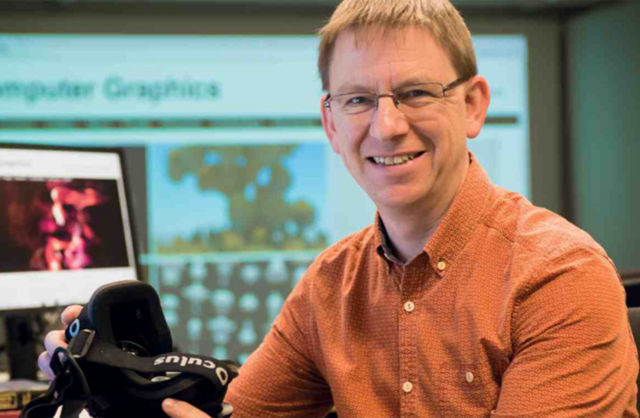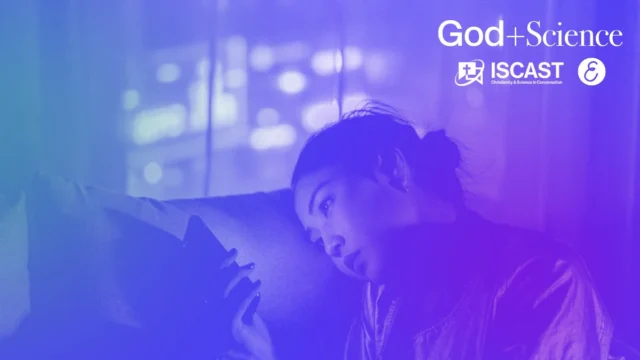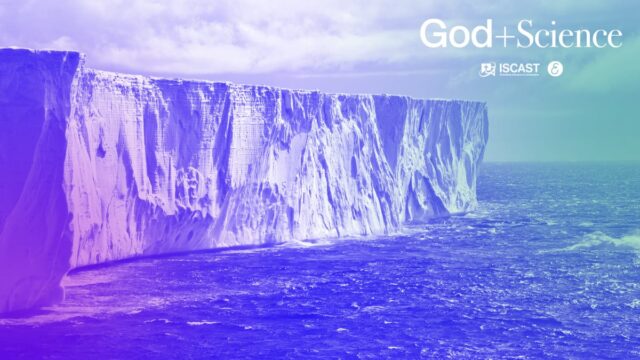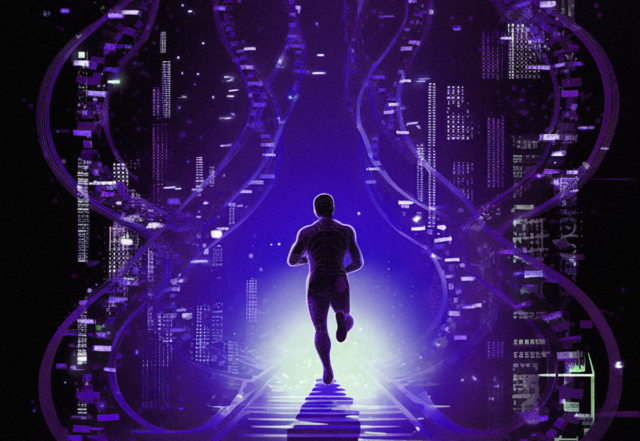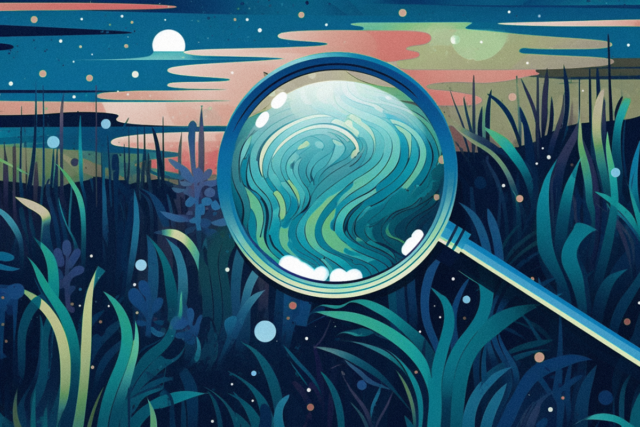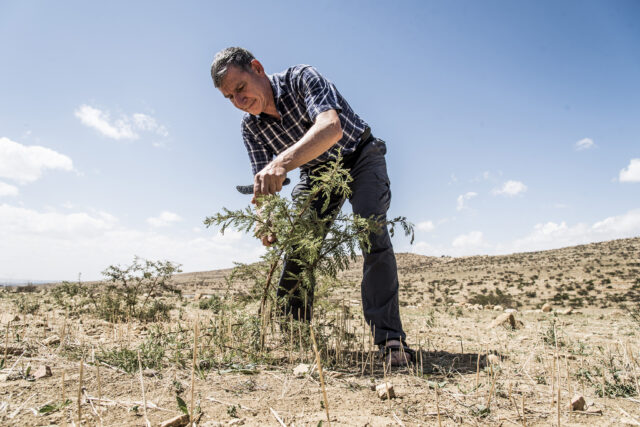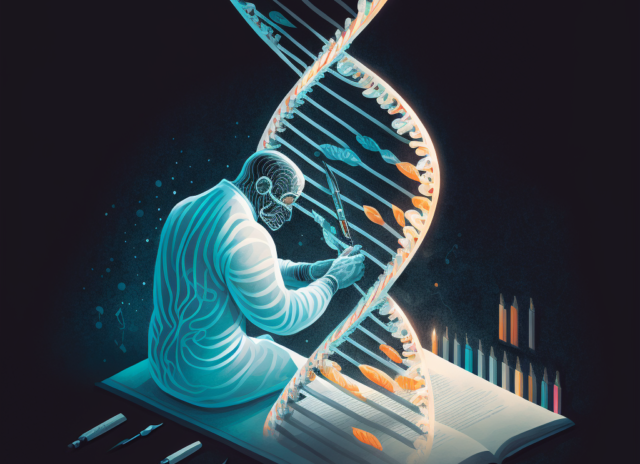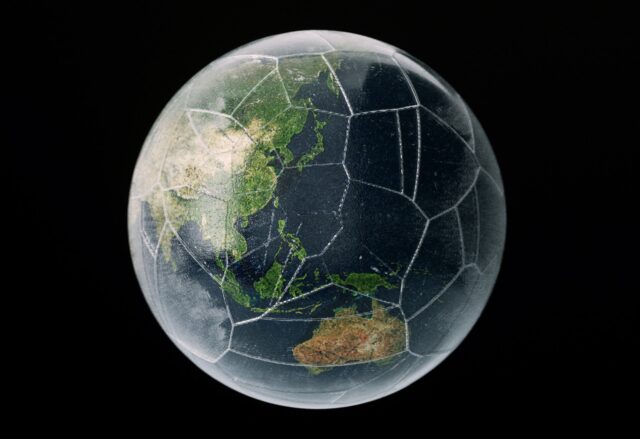

This is one paper arising from the Wicked Problems Symposium in Victoria in 2018. Click here to return to the summary report and links to the other papers.
John Pilbrow, Emeritus Professor of Physics, Monash University
Abstract
So-called wicked problems are often divisive, and attempts to reach agreement frequently end in failure. From politicians to people in the street, this lack of consensus results from a failure to respond positively to the evidence on matters such as global warming/climate change. In addition, there is the “power of vested interests” e.g., the claim by the tobacco industry that smoking doesn’t cause cancer.[1]
The authors of a particularly relevant recent article in Scientific American, have this to say:
Scientific findings have long met with ambivalent responses. A welcome mat rolls out for horseless buggies or the latest smartphones. But hostility arises just as quickly when scientists’ findings challenge the political or religious status quo. … Explaining why thinking goes astray is critically important to dispel false beliefs that circulate among politicians, students or even misinformed neighbours.[2]
Under the banner of “anti-science thinking,” these authors identify three criteria with which to frame our discussion: (1) Simple heuristic thinking—taking shortcuts when under information overload; (2) Confirmation bias—ignoring or rejecting new information when it opposes pre-existing beliefs, and (3) Social goals—bowing to group pressure even in the face of evidence to the contrary.
My presentation will apply criteria (1) through (3) to consider why, in spite of careful arguments and sound evidence on matters such as climate change and sea level rise, a high level of anti-science scepticism remains.
Since Jesus calls us to live in the world using kingdom principles (see e.g., John 17), our responses will need sound theological underpinning, clear thinking (see e.g., Rom 12:2-3), the need to be properly informed, and appropriate professional expertise.
Introduction
“Wicked problems” (or complex problems) lie in that category where answers may never be fully achieved. They are often divisive, and attempts to reach agreement frequently end in failure. From politicians to people in the street, this lack of consensus results from a failure to respond positively to the evidence on matters such as global warming/climate change.
While those of us trained in the sciences can handle “scientific” evidence, regrettably, most people aren’t equipped to do that.
Hopefully, others will touch on some or all of these other “wicked problems” facing our world such as the refugee crisis, loss of biodiversity, extinctions, indigenous health, the internet (its reach and influence), transport, urban development, energy, water, etc.
I haven’t come today with simple answers to complex problems. Rather I hope to suggest a strategy for understanding why getting consensus is always difficult.
As Christians, we must be mindful that Jesus calls us to live in the world using kingdom principles (e.g. John 17). In the light of the “wicked problems” facing our world today, our search for sound theological underpinning will require clear thinking (Rom 12:2-3), the need to be properly informed, and appropriate professional expertise.
The Science of Anti-science Thinking
A particularly relevant article in Scientific American that caught my attention suggested a framework for today’s discussion: “The Science of Anti-Science Thinking: Convincing people who doubt the validity of climate change and evolution to change their beliefs requires overcoming a set of cognitive biases (Kenrick et al. 2018). The authors comment,
scientific findings have long met with ambivalent responses. A welcome mat rolls out for horseless buggies or the latest smartphones. But hostility arises just as quickly when scientists’ findings challenge the political or religious status quo. … Explaining why thinking goes astray is critically important to dispel false beliefs that circulate among politicians, students or even misinformed neighbours.[3]
In asking, “What inhibits people from changing their minds in the face of new evidence?”, their particular concerns related to the resistance to climate change and evolution[4] particularly, but not exclusively, in the USA.
They comment further,
Several lines of research … reveal that simply presenting a litany of facts does not always lead to more objective decision making, … [and] might backfire. Human beings are intelligent creatures, capable of masterful intellectual accomplishments. Unfortunately, we are not completely rational decision makers. Understanding why people engage in irrational[5] thinking requires combining knowledge from a range of psychological disciplines.
This raises the need for us all to understand how we process information ourselves, before we have any right to seek to influence others in dealing with “wicked problems”.
The three criteria[6] Kenrick et al. articulate are (1) Simple heuristic[7] thinking; (2) Confirmation bias; (3) Social goals.
(1) Simple Heuristic Thinking (Taking Shortcuts)
When we are overloaded with information or are time poor, we tend to rely on shortcuts (or simple heuristics) or resort to the opinions of experts. In any event, the average citizen has not waded through the masses of available evidence![8]
(2) Confirmation Bias
This involves ignoring or rejecting new information when it opposes pre-existing beliefs.
Even with ample time and sufficient interest to move beyond shortcuts, we sometimes process information in a manner less like an impartial judge and more like a lawyer working for the mob. We show a natural tendency to pay attention to some findings over others and to reinterpret mixed evidence to fit with pre-existing beliefs.2
Kenrick et al. remind us that people tend to select arguments that support their own viewpoints, they often find disagreement unpleasant and may dislike those whose views run counter to their current beliefs. And most of us don’t easily consider evidence on both sides of an issue[9].
In 1979, some Stanford University students were asked to consider capital punishment as deterrent of crime. But, later on, when participants were confronted with evidence challenging what had been said before, those who agreed with capital punishment became even more convinced. Responses were very biased.
At the University of Illinois, 1347 participants were asked to respond to scientific evidence concerning climate change and gun control etc., in order to test the theory that
conservatives are more distrustful of scientific evidence than liberals, perhaps because (they) exhibit rigid thinking and are less open to new experiences. Those on both the Right and Left tend to reject scientific findings that don’t fit with their own political ideologies.5
Again, most participants looked for information that confirmed their prior beliefs and ignored the rest. Not surprising perhaps!
(3) Social Pressure Gauntlet
Even if people have rejected Shortcuts or Confirmation Bias, they may bow to social pressure even in the face of convincing contrary evidence. Kenrick et al. say,
powerful forms of social motivation can interfere with an objective analysis of the facts at hand. Whether one is biased toward reaching one scientific conclusion versus another can be influenced by the desire to win status, to conform to the views of a social network.
In a 1951 study it was found that individuals who disagreed with the majority view tended to be ostracised.[10] Consensus will disappear if only one person disagrees.[11]
Fear can also lead people to comply with group opinion. It is not surprising then that people are often reluctant to accept evidence counter to what the rest of the group believes. What this means is that conforming to group opinion is more important than following the evidence!
Climate Change and Sea Level Rise—What Can Be Done?
Let us consider why, in spite of careful arguments and sound evidence on climate change and sea level rise, a high level of anti-science scepticism remains.
People such as Sir John Houghton from the UK, who was a key player in helping persuade the UN to establish the International Panel on Climate Change (IPCC), emphasise the responsibility of being stewards of the natural world. For Christians, there is, for example, the Old Testament principle that every 7 years land would lie fallow, with a Jubilee Year every 50 years. What might this mean for us today?[12]
In his book, Global Warming: The Complete Briefing (1994), Houghton devotes a whole chapter to his Christian reflection on the challenge of global warming.
The IPCC was established in 1988 by the United Nations and the World Meteorological Organisation. Successive IPPC reports have presented consolidated evidence that the earth is warming up and CO2 levels are continuing to rise. Over the past 130 years, the temperature rise was almost one degree Celsius. Repeated warnings from the IPCC about the consequences of doing nothing have tended to fall on deaf ears.
You will find several relevant articles in A Reckless God[13] published in 2018 by ISCAST and The Melbourne Anglican. They include a review of Sir John Houghton’s autobiography, In the Eye of the Storm.
The IPCC report, Summary for Policy Makers,[14] considers the scenario of a 1.5°C temperature rise from pre-industrial levels by 2030 and contrasts it with the more worrying consequences should temperature rise by as much as 2°C. It is not pretty reading. This information has not yet led to effective action around the world.
Sea level rise is associated with climate change and global warming. Professors Laure Zanna and Jonathan Gregory from Oxford University have this to say:[15]
Over the past century, increased greenhouse gas emissions have given rise to an excess of energy in the Earth system, most of which has been absorbed by the ocean, leading to increased ocean temperatures and sea level rise. … In a recent study published … [by] the US National Academy of Sciences … we have estimated that, since 1871, the world’s oceans have warmed the equivalent of roughly 1,000 times the annual global human primary energy consumption, with an associated sea level rise of over 5 cm.
Let’s now look at climate change and global warming through the lens of criteria (1) through (3).
(1) Shortcuts/Heuristic Thinking
There is a common tendency to confuse climate and weather. People say, “Oh the temperature always goes up and down, that is normal” and we have to agree with them.
However, what the IPCC has shown conclusively is that the temperature averaged over the whole earth has been rising since the Industrial Revolution and there is an unmistakeable human contribution through burning of fossil fuels, deforestation etc.
So, in spite of the science, many take the view that it is not important; they don’t understand the rigour of the massive work that has been done and think it won’t matter in their lifetime. Even some Christians think that since Christ will return soon, there is no need to bother.
Donald Trump calls it “fake news”. Scott Morrison’s response at the recent Pacific Forum reminds us that politicians are more interested in the electoral cycle than in the reality of what actually faces humanity. Pacific islanders see what is happening in their back yards and all Morrison can say is that Australia is not contributing much to the problem. I recall a conversation I had in Fiji 16 years ago with President O’Brien from Tuvalu who explained that 80% of Tuvaluans then lived in Australia and NZ. He predicted Tuvalu would not be habitable for long. Vinoth Ramachandra from Sri Lanka reminded us at the Faraday Institute back in 2007 that it is the poor who will bear the brunt of the effects of climate change.
The result is that most people haven’t really given the issues due consideration.
(2) Confirmation bias
Even those who are aware of the data prove to be selective in what they take on board. Businesses looking to continue to do more of the same, or politicians working to the election cycle, are not really considering the future of the planet or its long-term liveability.
I note that some energy companies are moving away from coal, and the major banks here have announced they’ll no longer invest in it.[16] But simply going on as before is a strong motivation to avoid making hard decisions now.
(3) Social pressure gauntlet
While the science of climate change is compelling, the message is not getting through to the majority. We see in our own politics, how sceptical views within major parties constrain policy development.
Crowd or group pressure is a strong influence here and on other issues such as opposition to evolution in many sections of the church. There is some evidence that many Christians who are opposed to evolution are also climate change sceptics – particularly in the USA!
Fear of a dystopian future may work for those who believe in climate change but may equally backfire for sceptics.
General Conclusions
We have to avoid what seem to be easy answers to hard questions.
To all or any of the issues we may consider today, there will always remain the question, “How to persuade the majority to follow the evidence?” particularly as we all tend to operate from our biases. Communication of the science to lay people, especially politicians and business leaders, is problematic. This is a challenge to the scientific community to exercise care in developing strategies to counter anti-scientific thinking.
In the case of climate change, how can we persuade the majority to take science and scientists seriously? Kenrick et al, comment,
It is essential to understand whether an individual’s resistance to solid evidence is based on simple heuristic thinking, systematic bias or particular social motives. … critical because anti-scientific thinking can lead to reduced research funding … re public welfare … immediate measures are needed to address the planet’s warming. … If scientists can incorporate the insights of research on the psychological obstacles to objective thinking, more people will accept objective evidence of how the natural world functions as well.[17]
We should also be concerned at the “power of vested interests” for example, the claim by the tobacco industry that smoking doesn’t cause cancer![18]
Is there is room for optimism?
A Christian Response
The recent book, It Keeps Me Seeking, by Briggs, Halvorson, and Steane, concerned with understanding science within the purposes of God, has implications for a theological response to climate change and global warming amongst other things. Steane comments,
(Jesus’) big phrase is the kingdom of God. This is a large part of my reaction to the young Christian saying … why take an interest in science? It’s because science is right there: part of the kingdom of God. The kingdom of God is not some other-worldly thing that you go to after you die. … To have your heart set on things above means you’re really wanting to share God’s priorities. (p. 334)
Steane realises that many Christians, particularly, but not exclusively, in the USA, do not share the viewpoint of the previous paragraph; he calls them scientific anti-realists who “use science without worrying that it will conflict with their religious beliefs” (p. 297). Such attitudes are often associated with biblical literalism, and, to change their minds, many people will need to abandon non-defensible positions regarding the interpretation of Scripture.[19]
As Christians, we must be mindful that Jesus calls us to live in the world using kingdom principles (e.g., see John 17). In the light of the “wicked problems” facing our world today, our search for sound theological underpinning will require clear thinking (Rom 12:2–3), the need to be properly informed, and appropriate professional expertise.
With regard to our responsibility to do something about climate change, I remind us again of the Old Testament principle of fallow years every 7 years and the Jubilee Year every 50 years. I have already referred to Sir John Houghton whose undoubted expertise and Christian commitment has informed Christians and others about the seriousness of the issues and why we should be concerned. It is not enough simply to be armchair critics.
Criteria (1) through (3) provide one way to consider why achieving consensus on questions of importance to us all proves rather difficult. Understanding precedes a response!
Discussion Questions
- What inhibits people from changing their minds in the face of new evidence?
- How can we counter the idea that ignorance and bias will always triumph?
- How might someone who disagrees with the majority opinion within a group persuade others to rethink their position?
- How is it that people often reach rather different conclusions when confronted by the same information?
- How can we negate the negative impacts of the media and vested interests on major issues?
- What biblical principles or insights might help us better understand what to do about “wicked problems”.
- Do criteria (1) to (3) have anything to say about people either accepting or rejecting the gospel (cf. St Paul’s conversion)?
[1] Merchants of Doubt, by Orestes & Conway.
[2] “The Science of Anti-Science Thinking” by D. T. Kenrick, A. B. Cohen. S. L. Neuberg, R. B. Cialdini, Scientific American July 2018, pp. 29–33.
[3] “The Science of Anti-Science Thinking” by D. T. Kenrick, A. B. Cohen. S. L. Neuberg, R. B. Cialdini, Scientific American July 2018, pp. 29–33.
[4] “15 Answers to Creationist Nonsense,” by John Rennie, Scientific American Winter 2017/18 pp. 94–103. The scientific rebuttals indicated here would be endorsed, I believe, by David Young, Francis Collins and Simon Conway-Morris.
[5] “Finally there is pride that sustains our prejudices. For some, to admit that they are wrong or have blind spots, the necessary precursor to change, is perceived as a fundamental challenge to their self-worth, and that perceived catastrophic loss of face must never be permitted. I don’t care how mad my thoughts are, as long as I don’t have to think I am wrong. … We must continually guard against the comfort of the closed mind, and be prepared to accept inconvenient or uncomfortable truths and embrace uncertainty and complexity if we are to grow and to make the most of our talents in a changing uncertain world.” From: “Irrational thinking is an easy way to dodge hard truths,” The Age Opinion, 28 March 2017 by Professor Jim Bright, ACU.
[6] Use of e.g., Myers-Briggs personality types might deepen the understanding of why it is so many of us find it hard to change our minds on important issues.
[7] Heuristics: these can be mental shortcuts that ease the cognitive load of making a decision e.g., a rule of thumb, an educated guess, an intuitive judgment, or common sense.
[8] In order to understand natural selection, one needs comparative anatomy, ecology, modern genetics, and the fossil record etc.
[9] In the Richard Attenborough film Shadowlands, Anthony Hopkins as C. S. Lewis explains to Joy Davidman that he can argue the case from both sides. Most of us would find that difficult.
[10] Subsequent functional MRI studies showed ostracism activates the dorsal anterior cingulate cortex (2003).
[11] It has since been established that that those who disagree with a group to which they belonged show increased activity of the amygdala (the brain area that responds to stress).
[12] In the discussion following my presentation someone asked why I had referred to the OT principle that every 7th year the land was to lie fallow and that every 50th year would be a Jubilee year. My answer was that the principle of care for God’s Creation has a long history even back in Gen 1:28.
[13] A Reckless God: Currents and Challenges in the Christian Conversation with Science, Roland Ashby, Chris Mulherin, John Pilbrow & Stephen Ames, ISCAST/TMA, 2018: “Climate Science & Christian Faith share much in common,” (Mulherin); “Why a Christian Response to Climate Change?” (Mulherin); “Why climate change is real and human-induced” (David Griggs); “John Houghton: Lessons from a leading climate scientist and Christian” (Pilbrow); “Our devotion to idols is killing the planet” (Michael Northcott).
[14] Summary for Policy Makers on IPCC Special Report on Global Warming of 1.5C, IPCC, October 2018.
[15] A century and a half of ocean warming and sea level rise, Laure Zanna, Jonathan Gregory, Oxford University, Oxford Dept of Physics Newsletter, Spring 2019 Science News pp. 41–42.
[16] It appears that while the fossil fuel industry has been slow to realise that alternatives need to be found, energy companies are beginning to take the issues more seriously.
[17] “The Science of Anti-Science Thinking” by D. T. Kenrick, A. B. Cohen. S. L. Neuberg, R. B. Cialdini, Scientific American July 2018, pp. 29–33.
[18] Oreskes, Naomi, Erik M. Conway, and Jacques Treiner. “Merchants of Doubt: How a Handful of Scientists Obscured the Truth on Issues from Tobacco Smoke to Global Warming.” (2012).
[19] “… something heard from a biblical scholar about the wrong-footed expectation that the Bible has to be read literally. ‘If you read it as a flat text with one meaning – the only response there is room for, is assent’. No conversation, no wondering, no dialogue. How we rob ourselves of meaning when we approach sacred texts and personal stories having decided what they must mean. This shuts down our experience of the Divine in so many unexpected ways.” Julie Perrin, The Age Faith, Sunday 5 May 2019.
